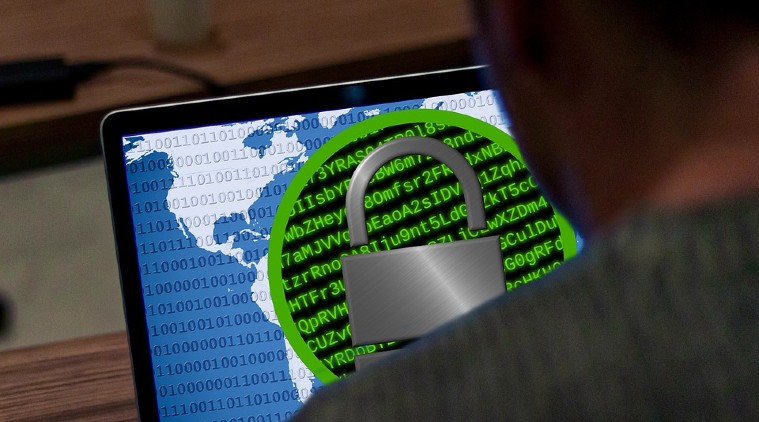82% Indian organisations hit by ransomware in last six months: Sophos
While you might think the ransomware attack to be rare and something that targets only a handful of organisation, it is not the case.
 How to stay safe from ransomware. (Representational image; source: The Digital Artist/ Pixabay)
How to stay safe from ransomware. (Representational image; source: The Digital Artist/ Pixabay)
Ransomware is a form of malware that encrypts a victim’s file only for the attacker to demand a ransom in exchange for restoring access to the data. While you might think the ransomware attack to be rare and something that targets only a handful of organisation, it is not the case.
Cybersecurity firm Sophos recently published its report titled ‘The State of Ransomware 2020’, which reveals the extent of ransomware attacks in India and the world. As per the report, 82 per cent of Indian organisations were hit by ransomware in the last six months, which is a 15 per cent increase from 2017.
Delhi is worst hit by ransomware
The key findings of the report regarding India reveal that 85 per cent of organisations in Delhi were hit by ransomware followed by Bangalore at 83 per cent, Kolkata and Mumbai at 81 per cent, Chennai at 79 per cent, and Hyderabad at 74 per cent. The Sophos report also highlights that the Indian organisation incurred costs of around Rs 8.02 crores to rectify the impact of each ransomware.
Also read | India among top 10 sextortion email source countries: What is it, what happens to ransom money?
It also reveals that 8 per cent of victims were able to stop the attack before their data could be encrypted, compared with a global average of 24 per cent. The State of Ransomware 2020 report says that 66 per cent of organisations, whose data was encrypted, paid the ransom while 29 per cent of the IT managers surveyed were able to recover their data from backups without paying the ransom.
How to protect organisations against ransomware
Sophos also shared some tips on how organisations can protect themselves from such attacks. It recommends organisations to have a full inventory of all devices connected to their network and ensure the latest security updates are installed on all the devices. It said to be cautious about unsolicited attachments.
Express Tech is now on Telegram. Click here to join our channel (@expresstechnology) and stay updated with the latest tech news
The cybersecurity firm said to keep regular backups of most important and current data on an offline storage device to avoid paying money to cybercriminals in case of a ransomware attack. It also asked to never give yourself more login power than you need and administrators should enable multi-factor authentication on all management systems that support it.
It also asked to not stay logged in as an administrator any longer than necessary and to avoid browsing, opening documents or other regular work activities while having administrator rights.







